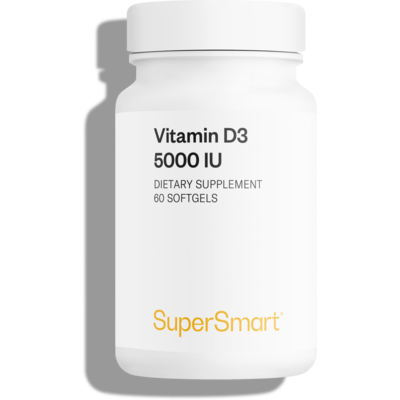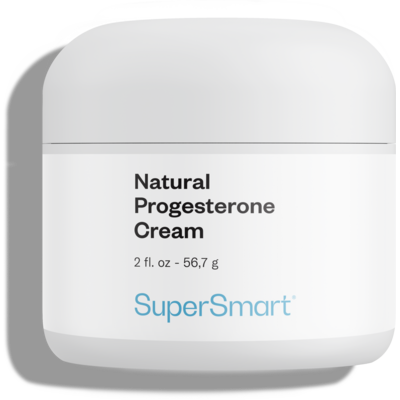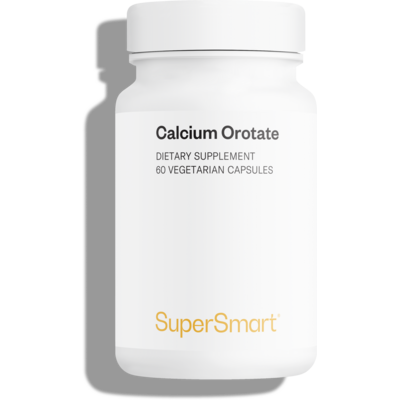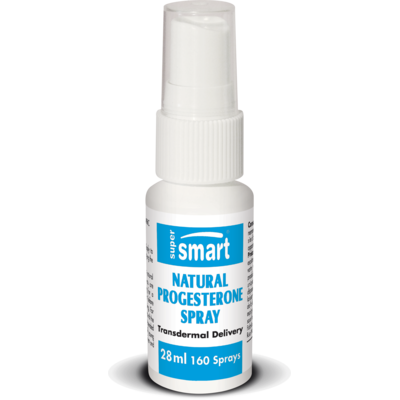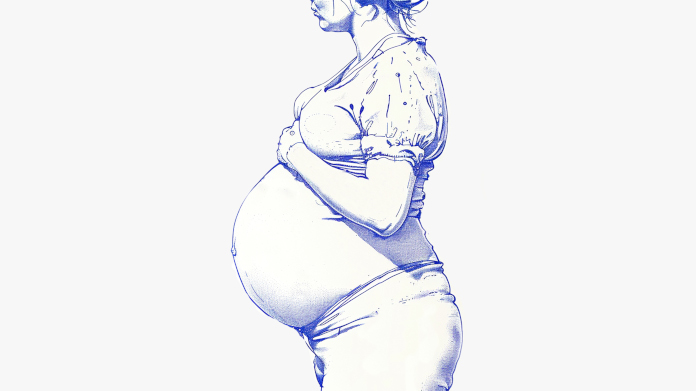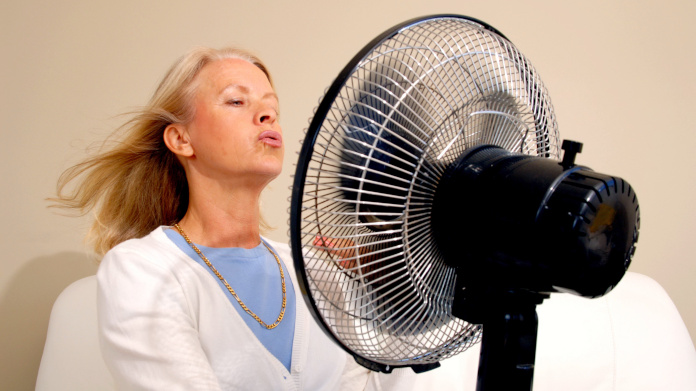What are the best supplements for the menopause?
Marking a natural and inevitable change in female hormone production, the menopause normally starts between the ages of 45 and 55 and is often accompanied by a number of troublesome symptoms. Discover which natural remedies are most effective at easing a woman’s path through the ‘change of life’.
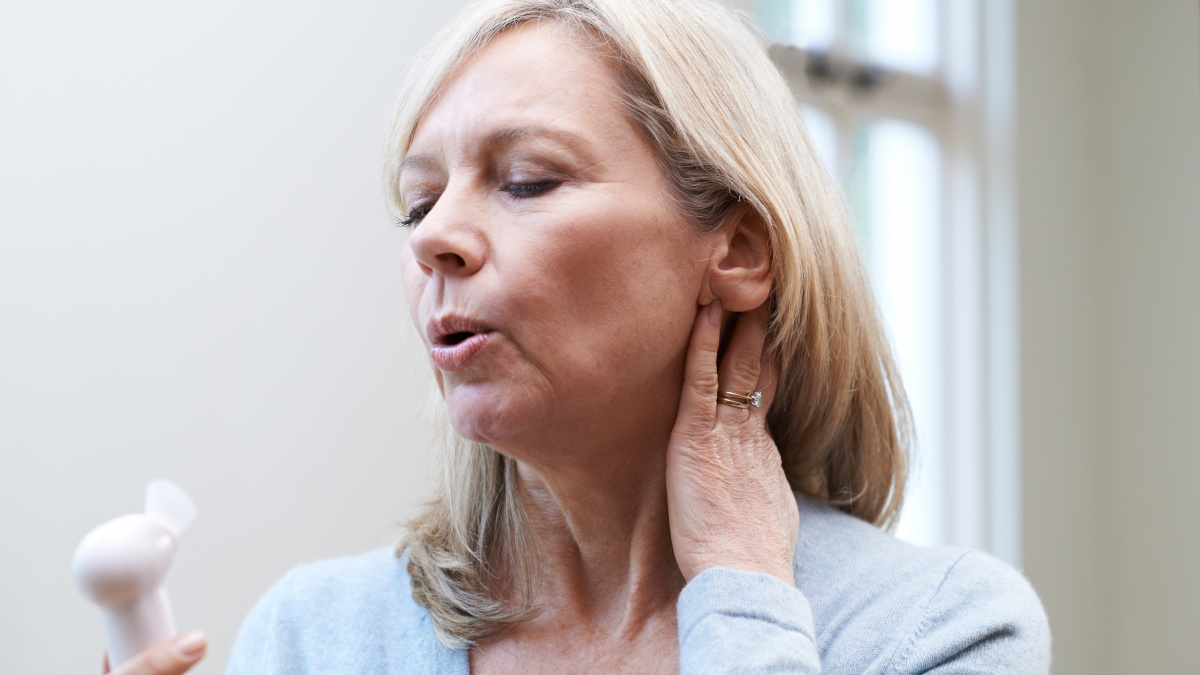
Menopause: a hormonal storm experienced by women
Menopause: definition and etymology
While in etymological terms, amenorrhea signifies ‘absence of menstruation’, menopause literally means ‘end of monthly cycles’. The term ‘menopause’ denotes the stage in a woman’s life when her periods stop for good. It’s a natural process which usually begins between the ages of 45 and 55 (1).
Menstruation, eggs and hormones
Every female baby is actually born with a finite ‘reserve’ of ovarian follicles. Once a girl reaches puberty, she will begin drawing on this reserve at each menstrual cycle, regular or otherwise, to produce eggs, prompted by follicle-stimulating hormone (FSH) produced by the pituitary gland (2-3).
These ovarian follicles secrete estrogen which causes the uterine lining to thicken and optimizes the consistency of cervical mucus in order to promote fertilisation.
Once ovulation has occurred, it’s the turn of progesterone to intervene, strengthening the lining of the womb so that it can support implantation.
If the egg is not fertilised, progesterone levels drop sharply while estrogen levels are low: the surface layer of the uterine lining is then shed, enabling a new cycle to begin. These cycles are known as periods, or menses (4).
Once a woman’s ‘reserve’ of ovarian follicles has been used up, her periods cease: this is the menopause.
Symptoms associated with the menopause
As the menopause is clearly not a disease, it’s perhaps inappropriate to talk about ‘symptoms’. But the fact is that this loss of ovarian function results in a a lack of estrogen and progesterone and it’s this decline in hormones that’s often associated with what can be extremely troublesome symptoms (5):
- 7 out of 10 women experience hot flashes, or vasomotor symptoms, inducing chills, trembling, discomfort, dizziness, feelings of intense heat, palpitations, cold sweats or profuse sweating;
- night sweats, without hot flashes;
- vulvovaginal dryness;
- urinary problems, bladder leakage, frequent urge to urinate, urinary infections;
- headaches, fatigue, insomnia, irritability, anxiety;
- joint pain;
- osteoporosis (estrogen is also involved in bone remodelling; a lack of it therefore leads to accelerated loss of bone tissue).
Although it’s a natural process, it often causes considerable discomfort and can be highly disruptive to many women’s lives. That’s why it’s vital for women who want to continue living life to the full during the menopause to make good use of natural remedies, adopt an appropriate diet and consider taking natural dietary supplements.
Which foods and supplements are effective against the menopause?
Hormone therapy (HT) for the menopause: proven risks
Modern Western medicine has long steered menopausal women towards hormone therapy (also known as hormone replacement therapy or HRT) to alleviate the symptoms that impair their quality of life. However, a number of recent studies have shown that:
- treatments based on synthetic progesterone or progestins promote breast cancer, especially when taken long term (for more than 5 years);
- treatments based on estrogen increase the risk of venous thromboembolic diseases, particularly when taken for long periods (6-7).
An ‘anti-menopause’ diet?
It therefore makes sense to rely instead on natural and dietary remedies to ease menopause symptoms:
- wild yam, traditionally used in many countries, is a source of natural plant progesterone, and may also be considered as a replacement for DHEA, potentially helping to combat certain symptoms of the menopause;
- more and more studies have identified soya as an essential ingredient of a menopause diet. Soya naturally contains phyto-estrogens and may thus help fight some of the symptoms of menopause;
- oily fish such as herrings, sardines, mackerel and anchovies are good sources of vitamin D, helpful for combatting osteoporosis in post-menopausal women;
- dairy products and almonds are rich in calcium as well as in tryptophan, a precursor of serotonin and melatonin. Post-menopausal women may therefore find these foods beneficial in fighting osteoporosis and insomnia.
Dietary supplements for easing the menopause
Logically enough, the dietary supplements recommended for alleviating menopause symptoms contain the same molecules as those found in menopause diet foods.
Many women going through the menopause prefer to ingest these substances in the form of supplements simply because it’s easier and the amount consumed can be precisely controlled. These supplements are:
- products containing phyto-progesterone (such as Natural Progesterone Cream, for topical application, and Natural Progesterone Spray), based on wild yam, which are widely considered to be the best supplements to take during the menopause. They help naturally compensate for the lack of progesterone and thus help prevent hot flashes, amongst others (8);
- supplements containing phyto-estrogens (such as Phyto Estrogen Cream, for topical application) which constitute a natural aid to counteracting menopause-induced estrogen deficiency (9);
- vitamin D supplements (10);
- and calcium supplements (11). Calcium D-glucarate is popular with menopausal or perimenopausal women who atypically still have excessive estrogen levels (calcium D-glucarate inhibits the enzyme beta-glucuronidase, which normally releases estrogens into the circulation).
You can also consider Pueraria Mirifica supplements. Buy Pueraria mirifica online here. Be sure to consult your doctor to find out which supplements best suit your particular needs.
Natural tips for negotiating the menopause
Alongside these natural remedies, adopting some simple habits can help reduce the symptoms of menopause, prevent weight gain and maintain good sleep quality:
- eat a healthy, balanced diet and above all, watch your calorie intake;
- don’t smoke and limit your coffee consumption: nicotine and caffeine can encourage palpitations and hot flashes;
- take regular exercise of sufficient intensity: this helps protect your bones and joints, promotes the release of endorphins, maintains good quality sleep and keeps your energy input/output in balance;
- drink soothing teas made from camomile, hawthorn, lemon balm, verbena, lime, etc.
SuperSmart ADVICE
References
- https://www.ameli.fr/assure/sante/themes/menopause/symptomes-diagnostic
- GREENDALE, Gail A., LEE, Nancy P., et ARRIOLA, Edga R. The menopause. The Lancet, 1999, vol. 353, no 9152, p. 571-580.
- PELOSI, Emanuele, SIMONSICK, Eleanor, FORABOSCO, Antonino, et al.Dynamics of the ovarian reserve and impact of genetic and epidemiological factors on age of menopause. Biology of reproduction, 2015, vol. 92, no 5, p. 130, 1-9.
- RICHARDS, JoAnne S., RUSSELL, Darryl L., ROBKER, Rebecca L., et al.Molecular mechanisms of ovulation and luteinization. Molecular and cellular endocrinology, 1998, vol. 145, no 1-2, p. 47-54.
- BRUCE, Deborah et RYMER, Janice. Symptoms of the menopause. Best practice & research Clinical obstetrics & gynaecology, 2009, vol. 23, no 1, p. 25-32.
- BHAVNANI, Bhagu R. et STRICKLER, Ronald C. Menopausal hormone therapy. Journal of Obstetrics and Gynaecology Canada, 2005, vol. 27, no 2, p. 137-162.
- https://www.vidal.fr/maladies/sexualite-contraception/menopause/traitement-hormonal-substitution.html
- Regidor PA. Progesterone in Peri- and Postmenopause: A Review. Geburtshilfe Frauenheilkd. 2014 Nov;74(11):995-1002. doi: 10.1055/s-0034-1383297. PMID: 25484373; PMCID: PMC4245250.
- MOREIRA, Ana C., SILVA, Ana M., SANTOS, Maria S., et al.Phytoestrogens as alternative hormone replacement therapy in menopause: What is real, what is unknown. The Journal of steroid biochemistry and molecular biology, 2014, vol. 143, p. 61-71.
- LERCHBAUM, Elisabeth. Vitamin D and menopause—A narrative review. Maturitas, 2014, vol. 79, no 1, p. 3-7.
- NORTH AMERICAN MENOPAUSE SOCIETY, et al.The role of calcium in peri-and postmenopausal women: 2006 position statement of the North American Menopause Society. Menopause (New York, NY), 2006, vol. 13, no 6, p. 862-880.
Keywords
14 Hours
great products and prices
great products and prices
Marie
6 Days
Easy to navigate site
Easy to navigate site, had what I was searching for, good price. easy order-check out
James Tucker
12 Days
My skin is clearing up nicely!
Pretty good for my skin so far.
Christian
14 Days
The new packaging is excellent
The new packaging is excellent - finally! No more squashed boxes and torn envelopes.
GORAN
15 Days
Great Product
Great Product
Larry Garrett
19 Days
Quick shipping
Quick shipping; good price. No issues!
Mary McCarty
21 Days
Thr product is very good and is helping…
Thr product is very good and is helping me on my health. Then is always on time
LUGO Luz
23 Days
Buying was fine
Buying was fine. I had problems with the website not recognizing my login info, and had to call to get it fixed. Other than that, everything was good.
David S. Clark
24 Days
Your super maca and super ginseng are…phenomenal
Your super maca and super ginseng are phenomenal supplements that compliment each other when taking them together. Fantastic feeling of well-being and lots of mid day energy without the crash.
Keith Mason
26 Days
I have had amazing results with every…
I have had amazing results with every supplement I've purchased. I am extremely satisfied with this company
kirstin Torres
26 Days
Fine products
Fine products . They are on the leading edge of online supplements. The only issue -so far-is they sometime run out of subscription items.
Jason Argos
29 Days
The ordering process is very user…
The ordering process is very user friendly and the products always come in a timely manner.
CARTER Rhonda
30 Days
The price for Dr
The price for Dr. Pero's AC-11 is reasonable and in line with his views. (my former colleague). Keep it pure.
CAMPBELL Clayton
33 Days
Right on every time.
Right on every time.
Arthur Nicholas
36 Days
They are cheaper than everyone else and…
They are cheaper than everyone else and the shipping was fast. Great company.
Patricia Adams


